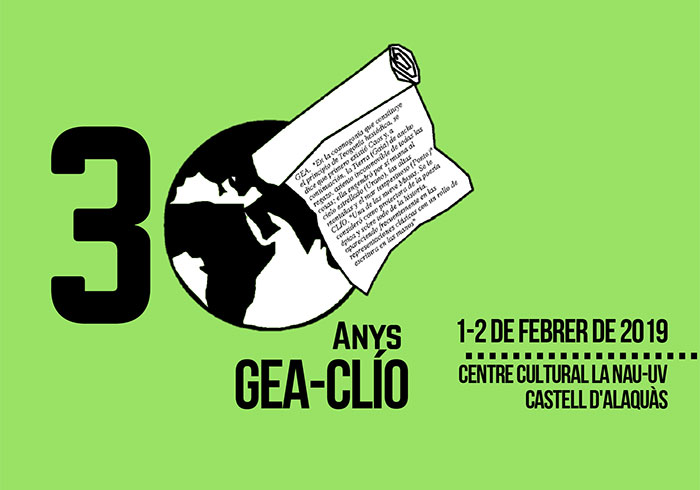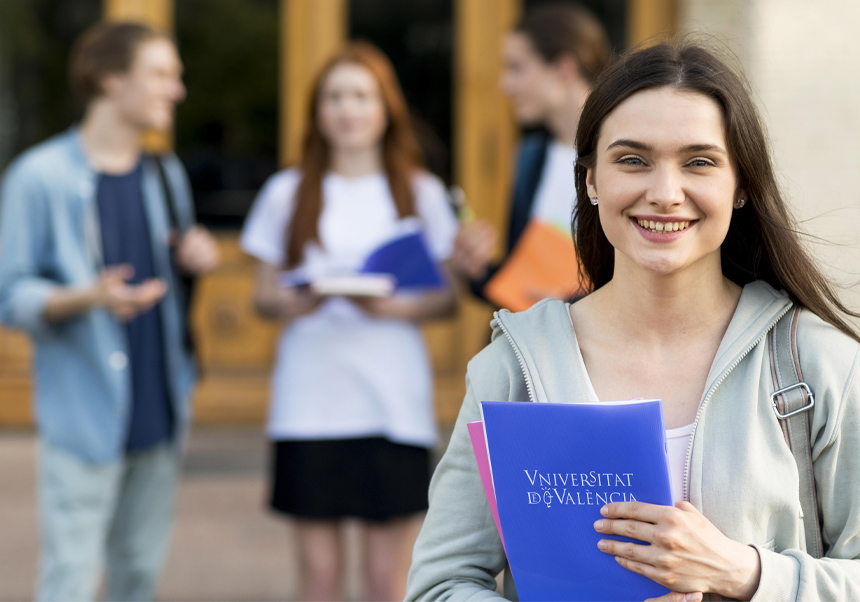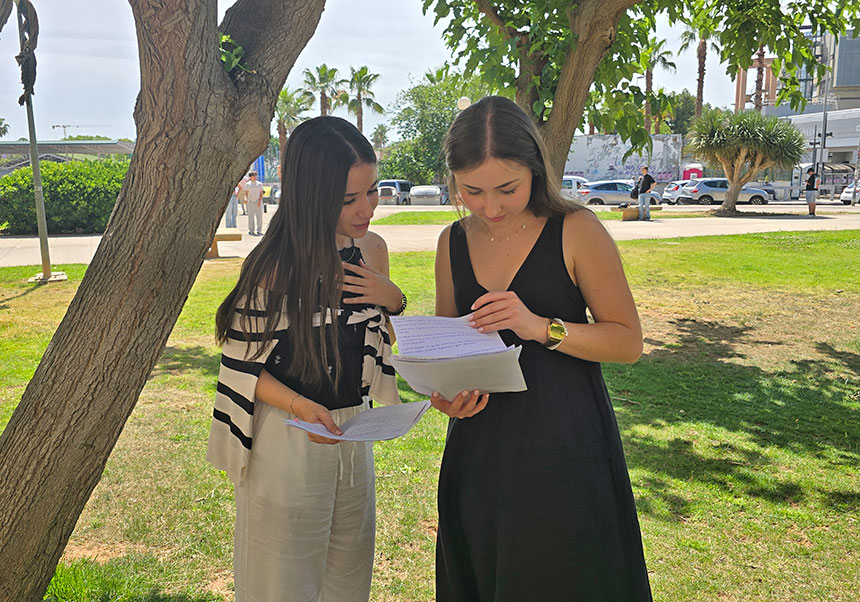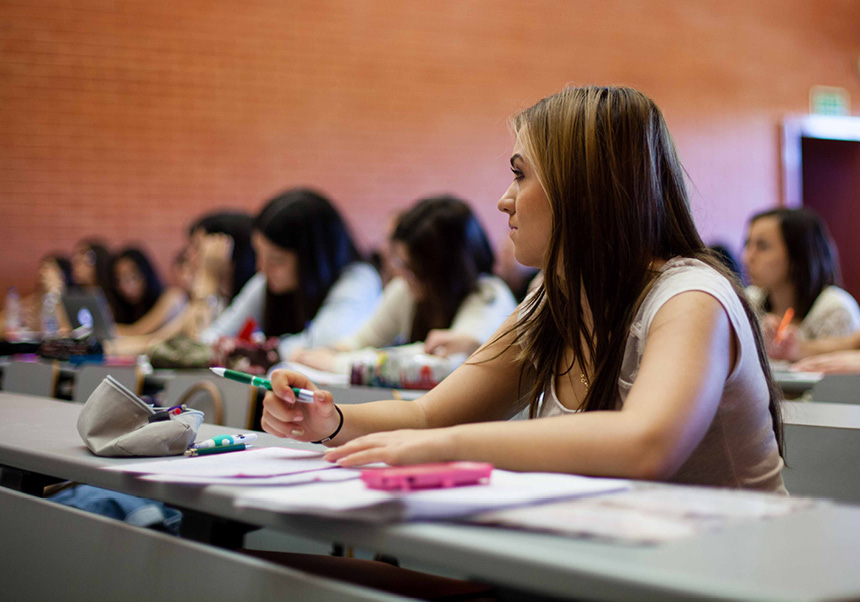An international colloquium analyses educative investigation and innovation in the field of social sciences

In order to pay homage to the 30 years of work of the investigation group Gea-Clío, a conference will be held in La Nau Cultural Centre on Friday 1st, and in the Castle of Alaquàs on Saturday 2nd of February. The connecting link of the 6 round tables will be the pedagogical renovation in the field of social sciences.
The conference is expected to be started this Friday at 17:00 by the vice rector for Territorial Projection and Society, Jorge Hermosilla; the Autonomous secretary of Education, Miquel Soler; the mayor of Alaquàs, Elvira García; the dean of the Faculty of Education, Óscar Barberà; and the president of the Spanish Geographical Society (AGE), Jorge Olcina.
Six round tables have been scheduled for the meetings that will be held on Friday and Saturday in La Nau cultural centre and the castle of Alaquàs. Teachers from the University of Valencia, Santiago, Seville and Murcia, as well as other high school teachers will meet in this colloquium that it is aimed at making the evolution of educative innovation in the field of social sciences since 1990 until today public.
In particular, the conference hopes to explain the transformation of the educational elements, asses the cases of innovation in centres and work groups, appreciate the work of the teachers who have wanted to improve students’ learning, make the influence of investigation in educative innovation known and, in short, review the past, present and future of Gea-Clío and the educative investigation and innovation.
Professor Xosé M. Souto (Experimental and Social Sciences Didactics) at the University of Valencia, current director of the educative innovation group Gea-Clío, has explained that Gea-Clío was created in the nineties with the same values they still support nowadays: ‘many investigation and innovation groups were initiated in that time, as well as pedagogic renovation movements, but today, 30 years later, Gea-Clío is the only one who was resisted during the hard times and is still true to its principles, to reflection, investigation and dissemination in the field of social sciences, and keeps an unequivocal agreement with a model that is educative, progressive, inclusive, high-quality and for all’ the Professor explained.
The Gea-Clío collective integrated the Social investigation group of the University of Valencia in 2014, which meant, in the words of Professor Souto ‘an opportunity to connect investigation to innovation, so the barrier of turning a blind eye to everything that comes from university has been broken and we have proved that another education is possible’.
The vice rector for Territorial Projection and Society, Jorge Hermosilla, has stressed the influence of the territorial aspect in education, since ‘it is essential to value and consider “territoriality” as a decisive factor from the past, present and future of Valencian pedagogy. The spirit of change and commitment hasn’t changed since the LOGSE (1990) regarding educative innovation in Gea-Clío group’ the vice rector remarked.
This activity has been organised by Gea-Clío and the Social investigation group of the University of Valencia with the collaboration of the Vice-Rectorate for Territorial Projection and Society, the Department of Education, Investigation, Culture and Sports from the Generalitat Valenciana, the Cefire centre, the Alaquàs City Council, the Nau llibres publisher and the Spanish Geographical Society (AGE).
More information:
















